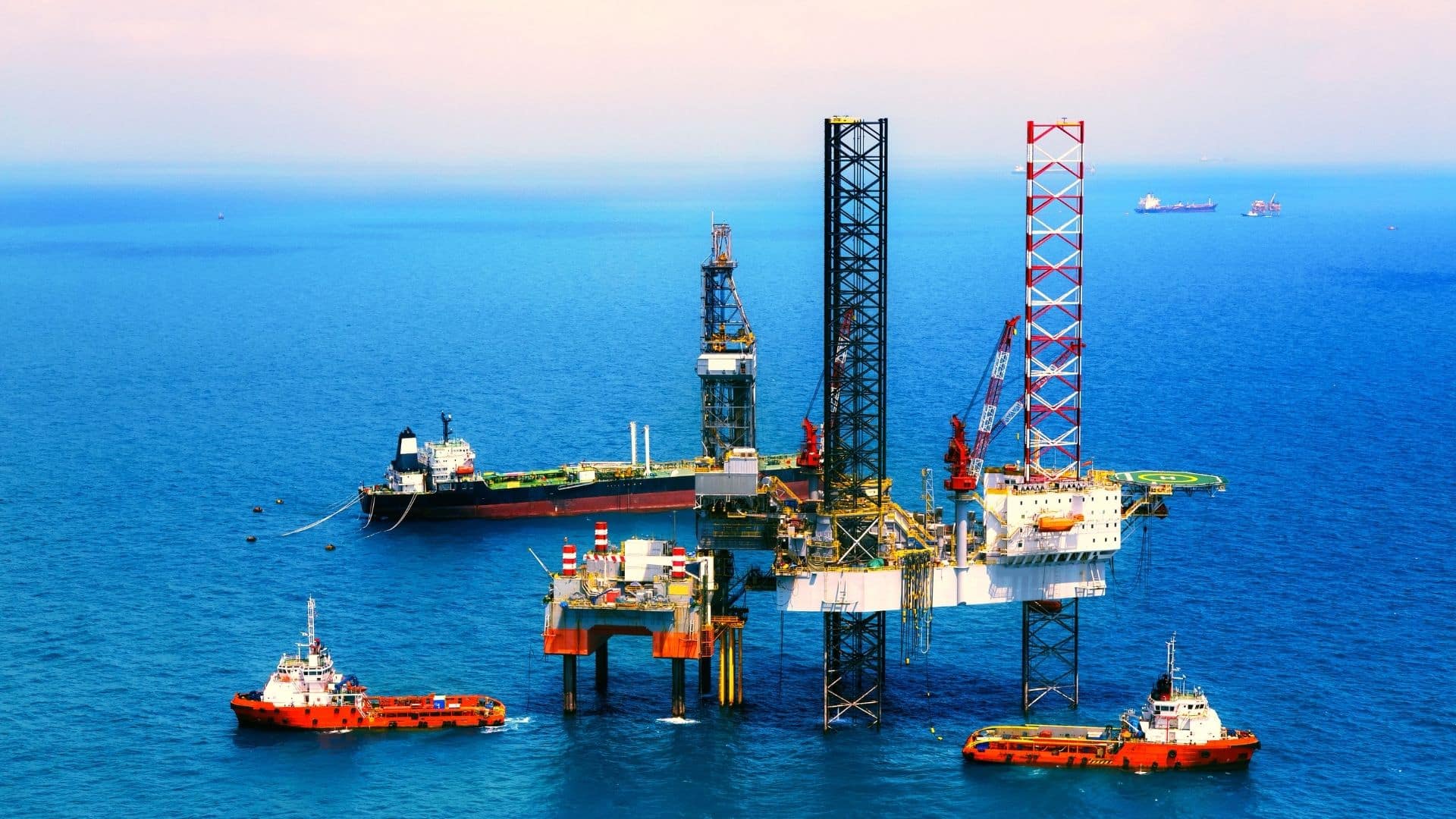The maritime industry is a complex and challenging field, requiring both precision and innovation to achieve success. In this article, we will delve into the often-overlooked benefits of mooring buoys, which significantly reduce fuel consumption for Offshore Support Vessels (OSVs), and how this innovative solution has transformed the operations of our esteemed client, Brunei Shell Petroleum (BSP). By strategically deploying buoys and utilizing robust data analytics, we have successfully improved efficiency, reduced costs, and made data-driven decisions, revolutionizing the industry and paving the way for future success.
Mooring Buoys: More Than Just Anchoring Points
Mooring buoys are often overlooked as just an anchoring point for ships, but they have the potential to offer much more. These buoys can significantly benefit ships, including fuel savings when utilized efficiently. This is especially crucial for OSV ships with unique operations that result in higher fuel consumption. By using mooring buoys effectively, these vessels can reduce their fuel consumption and minimize their environmental impact while also improving their operational efficiency.
Strategic Buoy Deployment: The Key to Optimized Fuel Consumption
Strategic placement of mooring buoys can significantly reduce the distance OSVs need to traverse and the idle time fuel consumption. Instead of slow steaming, they can head directly to pre-determined buoy locations. This translates to less time burning fuel, fewer engine running hours, and, consequently, reduced fuel consumption and emissions.
However, the strategic placement isn’t just about deploying the buoys; it’s an ongoing process. Data plays a vital role here. With data collection and analysis, it becomes possible to pinpoint the ideal buoy locations and to have visibility on buoy usage.
Read more: 5 data-driven steps to boost Marine Offshore Efficiency
A Testament to Efficiency: The Brunei Shell Petroleum Success Story
Our collaboration with BSP offers a shining example of the tangible benefits of strategic mooring buoy deployment.
BSP knew the importance of mooring buoys but noticed that vessels were not using them efficiently at certain times. By addressing these issues, we were able to save money and improve efficiency.
Harnessing historical data, we aided BSP in repositioning existing buoys and installing new ones at strategic locations. This data-driven approach ensured that every buoy was placed where it would deliver the most value, leading to significant reductions in transit times and fuel usage.
To empower BSP with real-time insights, we developed dedicated dashboards related to buoy usage. These tools enabled BSP to monitor buoy-related metrics seamlessly, ensuring ongoing optimization and swift action when necessary.
Our commitment to operational excellence extends beyond technology and tools. By conducting weekly meetings with BSP, we fostered an environment of open communication. These sessions provided a platform to review practices, discuss specific savings opportunities, and ensure that the benefits of the strategic buoy deployment were consistently realized.
Our collaboration led to the installation and repositioning of about a dozen buoys. The impact? Enhanced operational efficiency, reduced fuel consumption, and tangible cost savings for BSP.
Read more: Brunei Shell Petroleum Co. and Opsealog to Boost Fuel Efficiency and optimizing fleet operations
Looking Ahead: The Future of Mooring Buoys in Maritime Operations
As the maritime industry continues to evolve, the value of mooring buoys in improving efficiency and sustainability is becoming more evident. The BSP success story underscores the role of strategic decision-making, underpinned by data, in reshaping maritime operations.
As OSV ships and other vessels continue to traverse the vast oceans, ensuring they do so with maximum efficiency is paramount. Mooring buoys, especially when deployed with data-driven precision, will remain crucial in achieving this objective.
In conclusion, it’s not just about having the right tools but using them optimally.

